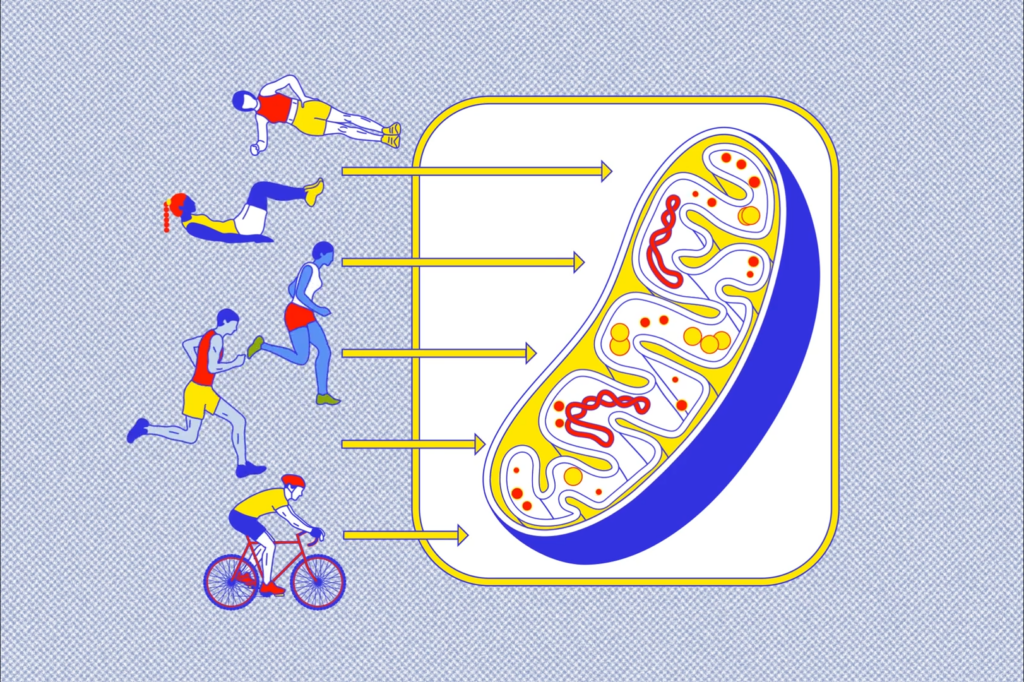CHIROPRACTIC & HEALTH SERVICES IN BOTHELL, WA FOR AUTO & CAR ACCIDENT WHIPLASH NECK PAIN RELIEF TREATMENTS
Whiplash Associated Disorders - Auto & Car Accident Neck Injuries, Bothell, WA
Whiplash-associated disorders (WAD) can be a challenging condition to treat, and the current data suggests that up to half of Bothell, WA WAD patients may continue to experience pain and disability for up to a year following their auto or car accident, slip and fall, or sports collision. Exercise therapy has long been considered a meaningful treatment option for many musculoskeletal conditions, but what does the current medical research reflect with respect to the role of exercise therapy for the WAD patient?

Auto, Car, Truck Accident Injury Neck Pain Relief. Bothell, WA
In 2021, researchers conducted a systematic review and meta-analysis that included 27 studies in order to gauge the effect of exercise therapy compared with other treatments, placebo interventions, or no treatment. They found that exercise therapy had short-term effects on neck pain and medium-term effects on neck-related disability, but they concluded that “the current evidence is weak” with respect to exercise as a sole treatment for WAD.
However, when used in combination with other treatments, exercise therapy can be quite beneficial to the WAD patient. In addition to the advice to stay active or even start exercising in some capacity (even if that means taking a short walk each evening to begin with), WAD patients may be prescribed more specific, neck/shoulder/upper back exercises to restore posture and strengthen the deep muscles that often become deconditioned in patients with the condition.
In addition to exercise recommendations, your doctor of chiropractic may employ a multimodal approach that includes manual therapies (massage, manipulation, mobilization, active release technique, trigger point therapy, and more); physical therapy modalities (electric stim, ultrasound, class IIIb and IV lasers, pulsed electromagnetic field, traction); patient education (including emphasizing the importance to resume normal activity as soon as possible); and ergonomic assessments (to minimize work stress and strain). When psychosocial barriers to recovery exist, your chiropractor may team with allied healthcare providers that offer cognitive behavioral therapy and other needed services.
Our Bothell, WA Chiropractic Office & Our Approach To Car & Auto Accident Whiplash Neck Pain Treatment & Relief
Testimonials








